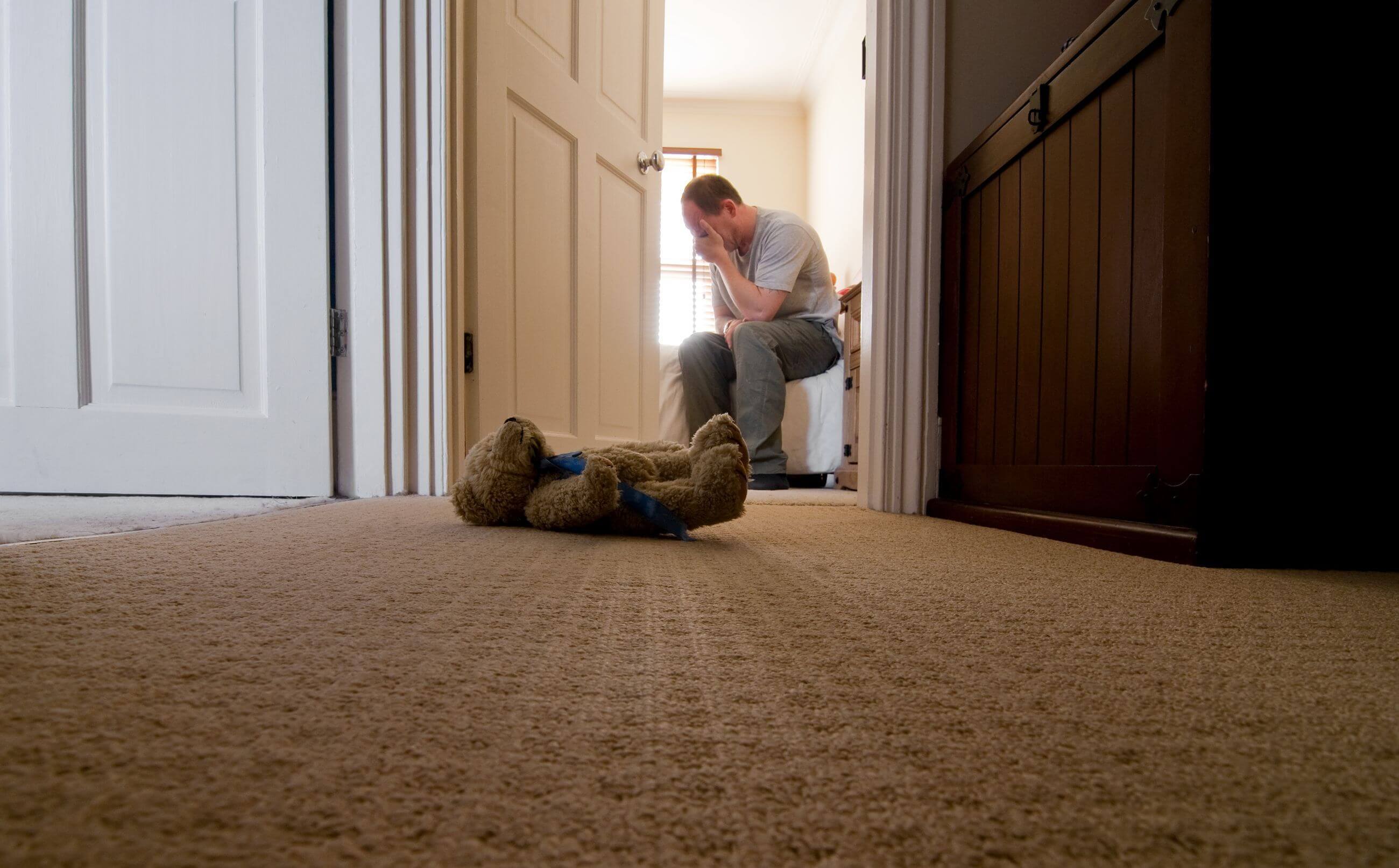Picture this: your teenager is hanging out with his friends at the local fair, joking around and just being a kid. Despite not doing anything wrong, police and fair officials pay extra attention to him and his friends, seemingly waiting for them to misbehave. After a melee that your son was not involved in, he’s detained by the sheriff’s department, kicked out of the fair, and told to get moving.
An 8th-grade honor student, your son isn’t one to push back against authority, so that’s exactly what he does. Unfortunately, his route on foot forces him to cross four lanes of Interstate 4 traffic, and one car just doesn’t see him in time. He’s struck and killed almost immediately, and you’re left to mourn and wonder how something like this could have happened.
This is exactly what Andrew and Deanna Joseph are going through right now – every parent’s worst nightmare. Day-to-day living is tough. But celebrations like the holidays are worse because those are the times you cherish the most, and now your child won’t get to enjoy them anymore.
Possibly the worst part for the Josephs is knowing their child wouldn’t have been anywhere near that highway if he hadn’t been targeted at the fair and unjustly ejected. Because of this, they’ve decided to sue the Florida State Fair Authority and the Hillsborough County Sheriff’s Office for civil rights violations and wrongful death.
Which begs the question: do the actions of the Fair Authority and Sheriff’s Office constitute wrongful death?
What Does Wrongful Death Mean in Florida?
If you look at the letter of the law for Florida wrongful death, it’s tough to say definitively whether or not the Josephs should win their case. The statute says that a wrongful death occurs:
“When the death of a person is caused by the wrongful act, negligence, default, or breach of contract or warranty of any person…and the event would have entitled the person injured to maintain an action and recover damages if death had not ensued, the person or watercraft that would have been liable in damages if death had not ensued shall be liable for damages as specified in this act notwithstanding the death of the person injured, although death was caused under circumstances constituting a felony.”
There seem to be ways to argue the first part. The fair ejecting their son could be construed as a “wrongful act” and arguably constituted “negligence” since they were sending a 14-year-old off on his own without any adult supervision. Doing this led to him crossing the highway and getting hit by a car.
The part where it gets a bit dicey is at the very end: “death was caused under circumstances constituting a felony.” Meeting this part of the law would seem to require a charge of culpable negligence and hinge to a large degree on the ability to show that officials were acting inappropriately when they sent away a minor.
Is it possible to prove something like this in a wrongful death case? Yes. Is it easy? No.
That’s why it is so important to consult with an experienced wrongful death attorney if you believe that someone else should be held liable for the death of your loved one. Only someone who has successfully handled these types of cases before can offer you the insight you need – both in deciding to pursue or drop the case and in coming up with a strategy to help you win.
Nothing can bring back the person that you’ve lost, but winning a wrongful death lawsuit can help you to find closure, get back on your feet financially, and enact change so no one else has to go through this again.





